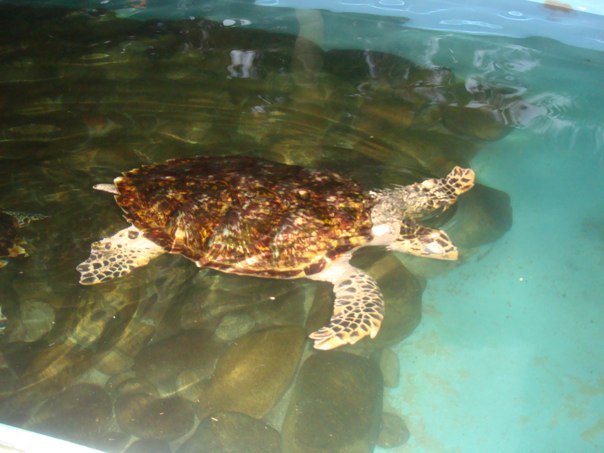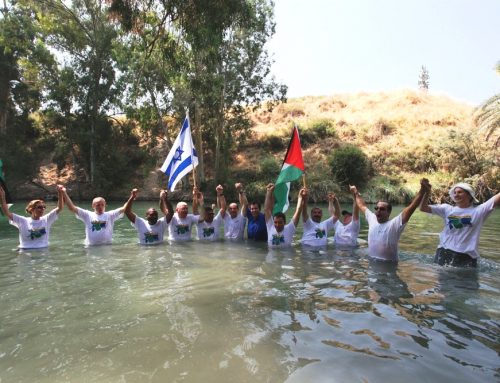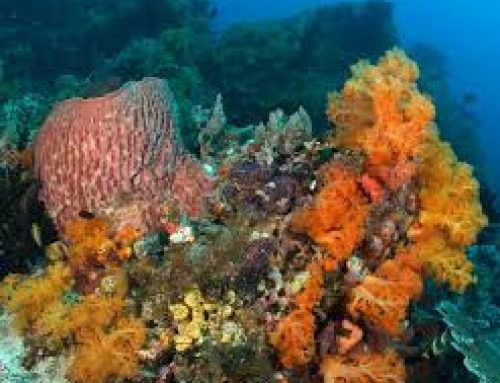Project Tamar is a marine conservation centre in Brazil that is internationally recognised marine conservation programme that involves coastal communities directly in its socio-ecological research and activities.
The primary mission of the Tamar, is research, conservation and management of the five species of sea turtles that occur in Brazil, all threatened with extinction. It protects about 1 100km of turtle habitat in 25 locations across 9 Brazilian states.
Project Tamar was conceived by a group of students from the Oceanography School of the Federal University of Rio Grande in the 1970s. The name Tamar was created from the combination of the initial syllables of the words tataruga turtle) Marine, an abbreviation that became necessary, due to the restricted space for applications in small metal plates used to identify the turtles tagged in several studies.
Since its founding the Tamar project has grown. In 1980, their project became the Tamar-ICMBio Project, and then the National Program for Sea Turtle Conservation, run in cooperation between the Brazilian Center for Protection and Research of Marine Central Tamar turtles, linked to the Directorate of Biodiversity of the Chico Mendes Institute for Biodiversity-ICMBio, agency of the Ministry of Environment, and the Pro-Tamar Foundation, a non-governmental institution, nonprofit, founded in 1988 and considered to be of Federal Public Utility since 1996. The Centre is located in Ubatuba, on the coast of São Paulo, Brazil.
Projecto Tamar is acting to conserve keystone species that maintain large-scale ecological functions in the Anthropocene. Its impact is continuing to spread in Brazil, and it can serve as a model for other conservation initiatives world-wide.



